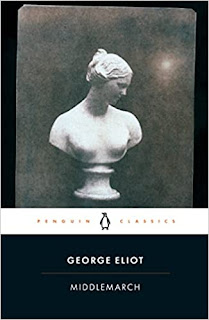
One way to look at Ryusuke Hamaguchi's Drive My Car, currently playing at Film Forum, is to take the title at face value. The film is literally one drive after another with each winding road and freeway telling a tale of its own—something that's both brilliantly reticulated and at times unendiing and ultimately exasperating. You keep thinking this is a great and dramatic place for an ending. Then the film goes on and on. Maybe that's the point it's trying to get across i.e. that it's factitious to represent the sea with its endless waves in under two hours. Narrative is the subject which is not surprising since the Drive My Car is based on story by Huruki Murakami, for whom storytelling itself is always a key point. The winding goes on also in the turning of the cassette tape, the recording device by which Kafuku (Hidetoshi Nishijima), the director, intones lines from the production of Uncle Vanya that's the materiele out of which the director's film (and ostensibly Murakami's story) is created. Chekhov is as much an influence on Hameguchi as Strindberg was for Bergman.There are a number of equations in the film. One has to do with sex and creativity, another between directing and driving. Kafuku's wife, Oto (Reiku Kirishima), is a sex addict. Her addiction is fueled by the disinhibition it creates. She’s also traumatized by death of a 4 year old daughter who would have been 23--something that contributes to her compulsions. As she makes love to her husband she narrates the fictive tale of another illicit lover who becomes a murderer. In the real life of the film there are two other murders, one committed by the lover of Oto, Takatsuki (Masaki Okada), an actor who suffers from a problem with his impulses and appetites (like Oto he also can't control himself) and the other by the director’s driver Masaki (Toko Miura) who has let her mother die in a landslide. Kafuku also blames himself for the death of Oto, who he’d caught in flagrante. Angry at the betrayal, he arrives home too late to revive her, after she's suffered a cerebral hemorrhage. Of course Uncle Vanya is the vessel in which all the pain lives--and is mollified. And Drive My Car bears some comparison with Andre Gregory’s Vanya on 42nd Street in which extemporization and improvisation are employed. In Kafuku's production, "the Method" is stridently eschewed with the director demanding that his cast intone lines without emotion at one rehearsal. Vanya not only infuses every moment of the actor's lives but is itself seen from many angles including the audience's point of view and the television monitor set in a rehearsal studio. In addition, even though it’s a Japanese theater company, significantly based in Hiroshima, the varying players converse with each other in English, Japanese, Mandarin and Korean sign language—this last providing its own singular and stunning form of "Noh" theater. Do you have to be a good driver to direct and in fact create or is it simply a matter of authenticity, the thing both the film and the play within the film seem to hold up as an elusive ideal.
Read "Andre Gregory: Before and After Dinner" by Francis Levy, HuffPost
and listen to "The Book of Love"by The Monotones
























